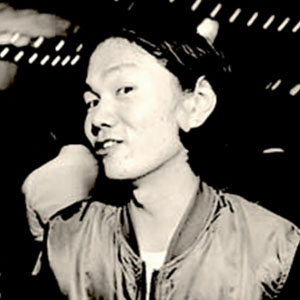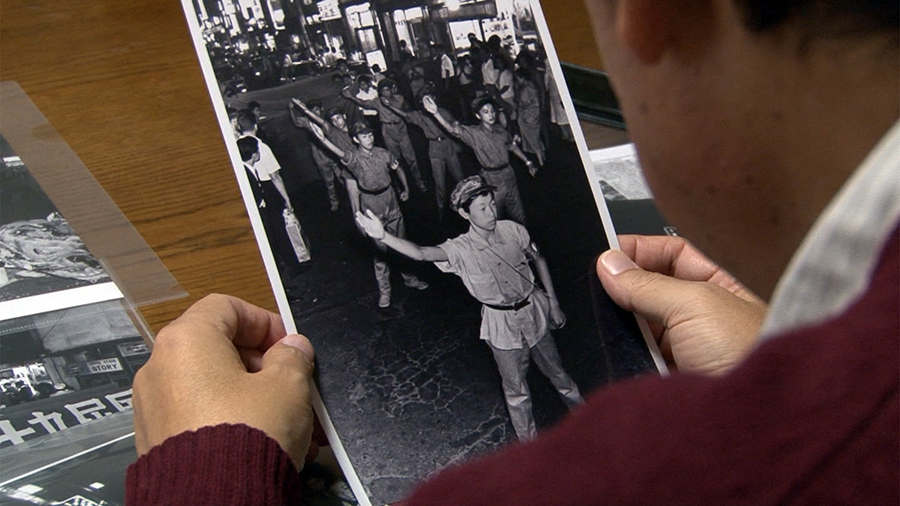클레프트CLEFT
하야시 류타
- Japan
- 2018
- 25min
- mp4
- color
World Premiere
Synopsis
요코하마의 차이나타운에 거주하는 화교들은 중국 본토 지지파와 타이완 지지파 간의 오랜 갈등을 겪어야 했던 과거를 갖고 있다. 화교 4 세대인 하야시 감독은 이 작품을 통해 요코하마 화교들이 조국인 중국과 일본 간의 정치문제로 영향을 받던 그 혼란스러운 시대를 어떻게 살아왔는지, 그리고 현재를 위해 그들이 떠나야했던 이유가 무엇이었는지 이야기해준다.
Review
A new confrontation rose in East Asia soon after the defeat of Japanese imperialism, when people expected a liberated life free from colonial oppression. The clash between communism and capitalism brought armed conflict, and resulted in a large number of casualties in Asian countries. Within Japan, where US carpet bombing and the nuclear attacks had annihilated major cities, this divide created a 'cleft' in the unity of Chinese residents. This documentary is set in Japan’s largest Chinatown in Yokohama, which originates in the late 19th Century at the start of Japan’s modernization. The film focuses on a teacher at a Chinese school after the war. Ryuta Hayashi, the director of this film, is the son of a student who attended that school. Half a century on, this community is, like the Korean Peninsula, moving towards reconciliation and mutual respect. [TAKAHARU Yasuoka]
Director
-

하야시 류타HAYASHI Ryuta
Red Flower (2010)
Credit
YUKI Nao
YUKI Naoi yuki.jp-hk1983@hotmail.co.jp
